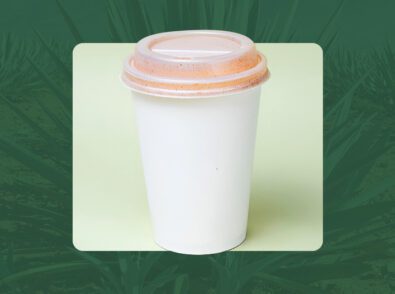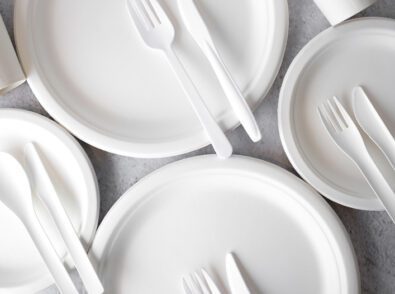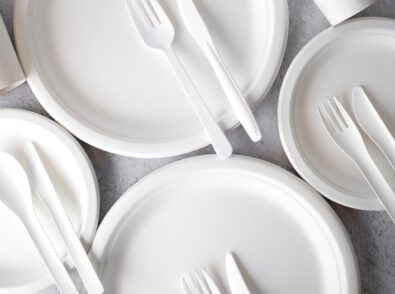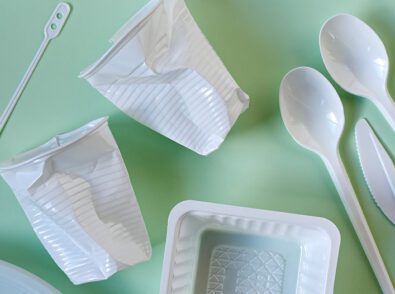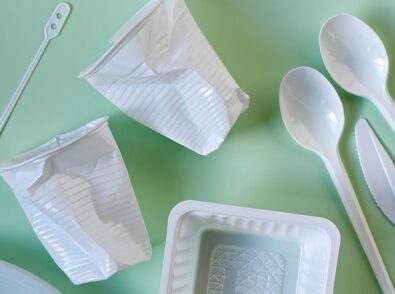Are Agave Straws Edible?
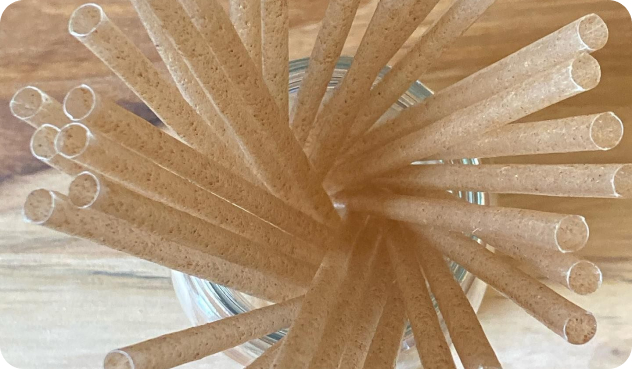
As more people turn to eco-friendly plastic alternatives, agave straws have gained popularity as a sustainable, biodegradable option. Since these straws are plant-based, you may wonder if they’re also edible.
The short answer is no—agave straws are not meant to be eaten. Though they are made from natural materials, including agave fiber, their primary function is as a durable and sustainable alternative to plastic straws, not as a snack!
Let’s look closer at why agave straws shouldn’t be consumed and what makes them an excellent eco-friendly choice for beverages.
What’s in Greenprint Agave Straws?
Agave straws are made from the fibers of the agave plant, a succulent known for its use in producing tequila and sweeteners like agave nectar. The plant’s tough, fibrous structure makes it perfect for creating biodegradable straws that can withstand liquids for long periods without breaking down.
At Greenprint, our agave straws are crafted from 100% FSC-certified plant materials, including agave, sugarcane, and wood fibers. These materials are completely natural and free from harmful chemicals. However, while the ingredients are safe and plant-based, they are not intended for human consumption.
How Are Greenprint’s Agave Straws Made?
We make our agave straws by following this process:
- Waste sourcing: We contact reputable tequila manufacturers for their agave waste, ensuring our supply chain is sustainable.
- Fiber processing: The agave residue undergoes processing to dry the agave fibers and remove impurities.
- Compounding: We process the agave fibers to bind with a base and create pellets to produce aesthetically appealing products.
- Transforming and testing: Our products undergo rigorous manufacturing and lab testing to ensure they are durable, functional, and in line with environmental standards.
- Optimization: While these products are naturally biodegradable, our manufacturing optimizes them to degrade faster, ensuring natural breakdown in trash and leading to a biologically active landfill.
- Adaption to existing infrastructure: Our straws align with all standard waste disposal systems, so there is no need for specialized equipment to dispose of our agave products.
Why Aren’t Agave Straws Edible?
Although agave fibers are natural, the process used to create the straws alters their structure. The fibers are treated and formed into a strong straw that can be used for both hot and cold beverages, removing any taste and making them difficult to chew and digest.
Even though they are safe for the environment, these plant-based straws aren’t meant for consumption. They are intended solely for use as an alternative to plastic drinking straws, so they should be treated like any other straw.
Enjoy Sustainability, Not the Straw
Agave straws from Greenprint may not be edible, but they are a fantastic sustainable alternative to plastic straws. These plant-based straws are created for durability and biodegradability, reducing environmental waste and providing a sturdy, compostable solution for your beverage needs.
By choosing Greenprint agave straws, you’re making an eco-conscious decision that benefits both your customers and the planet—offering the convenience of disposable straws without the guilt. Request samples or order your agave straws from Greenprint today.

